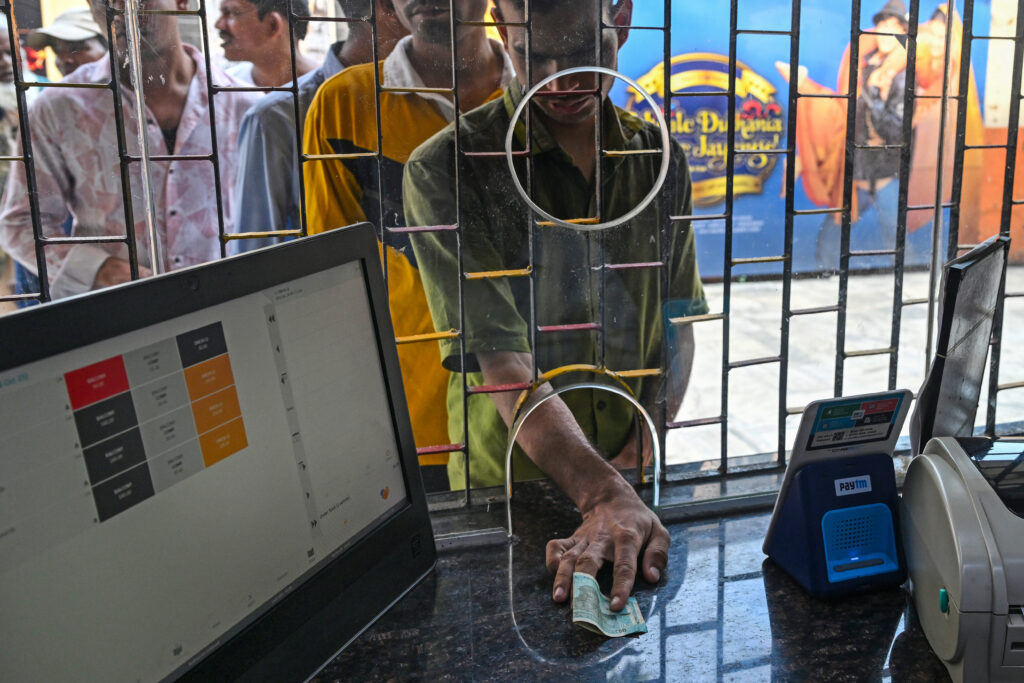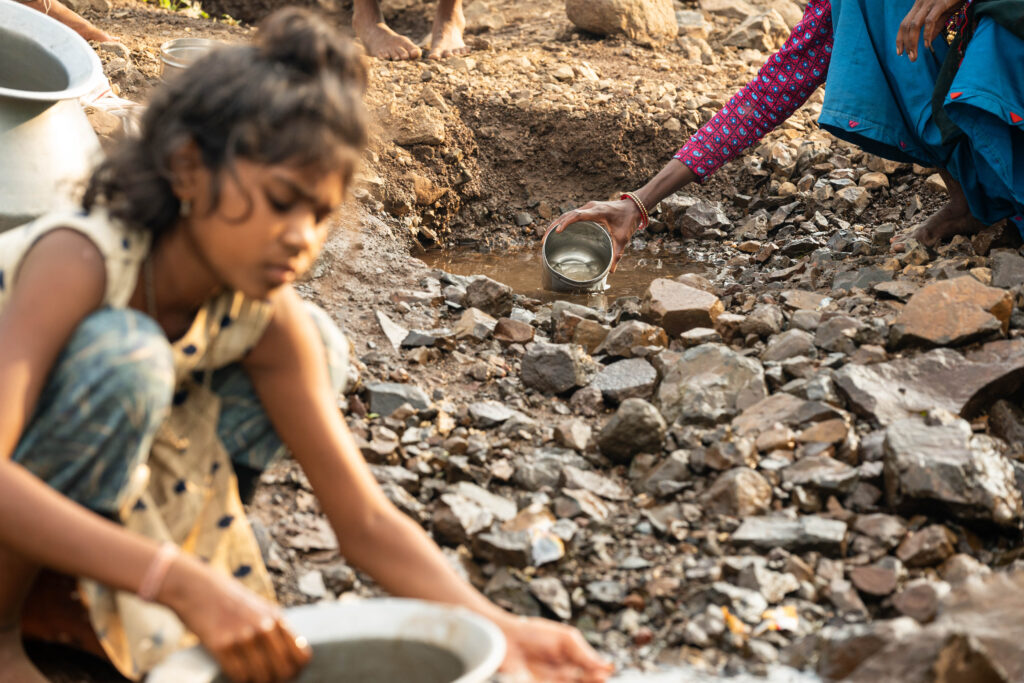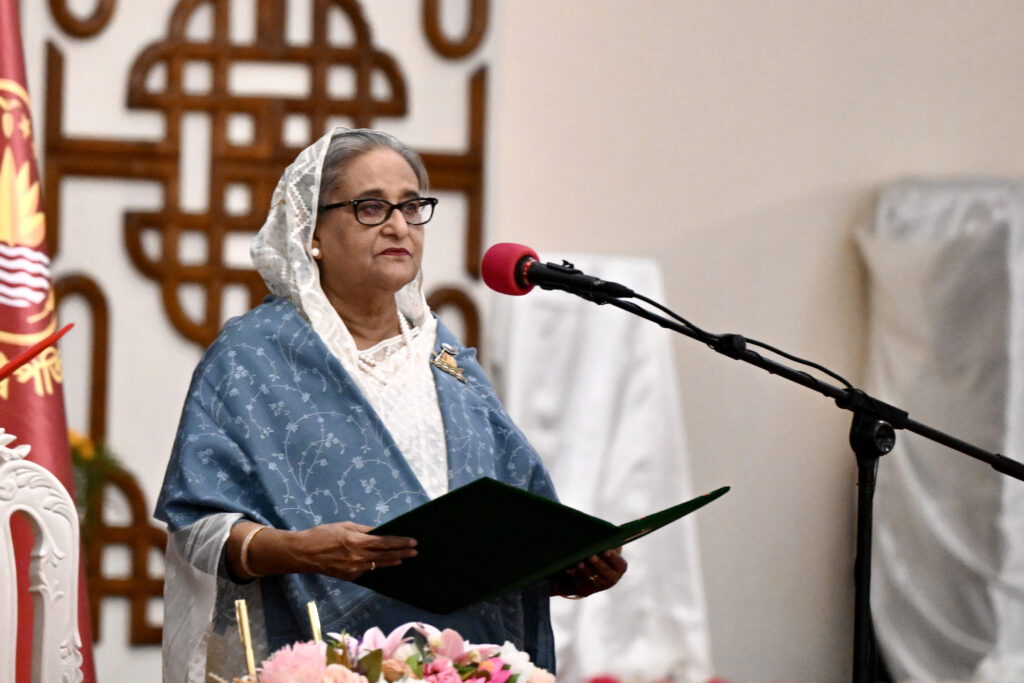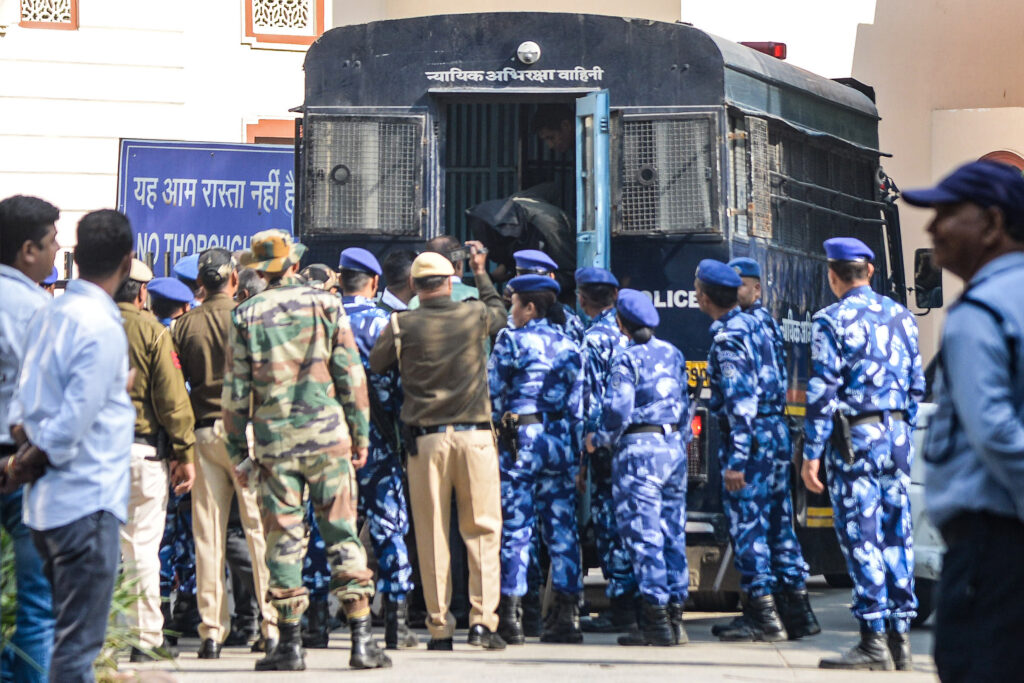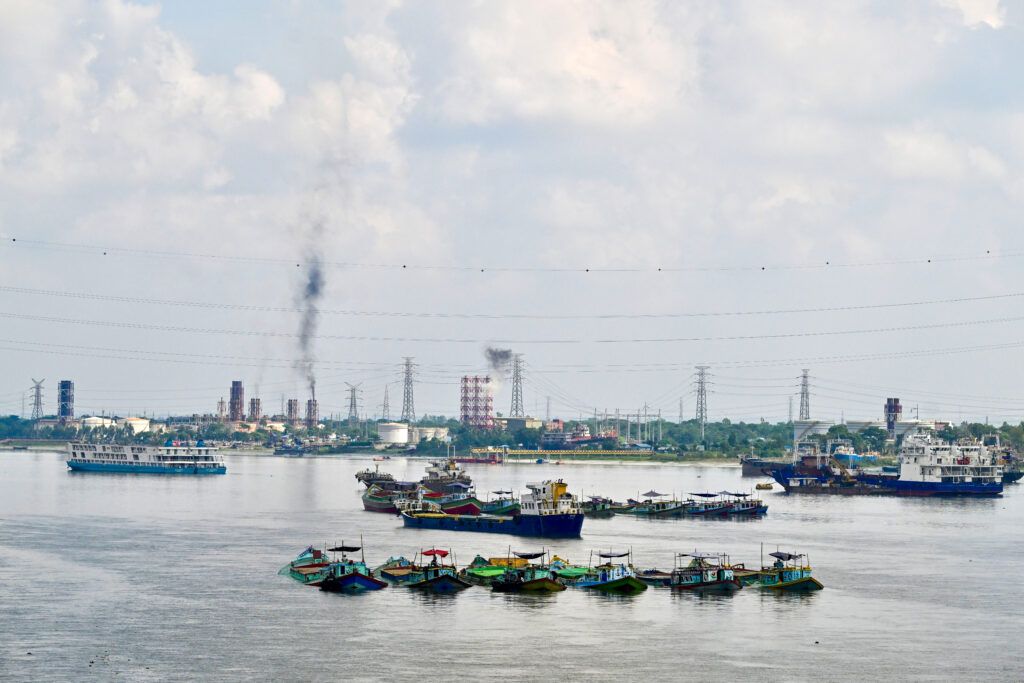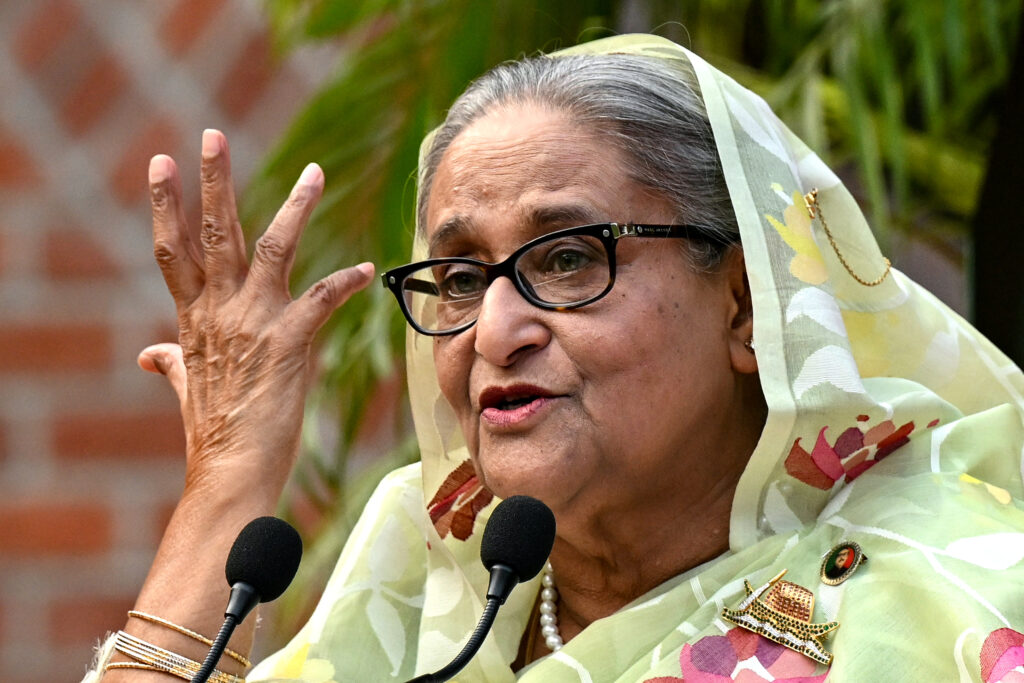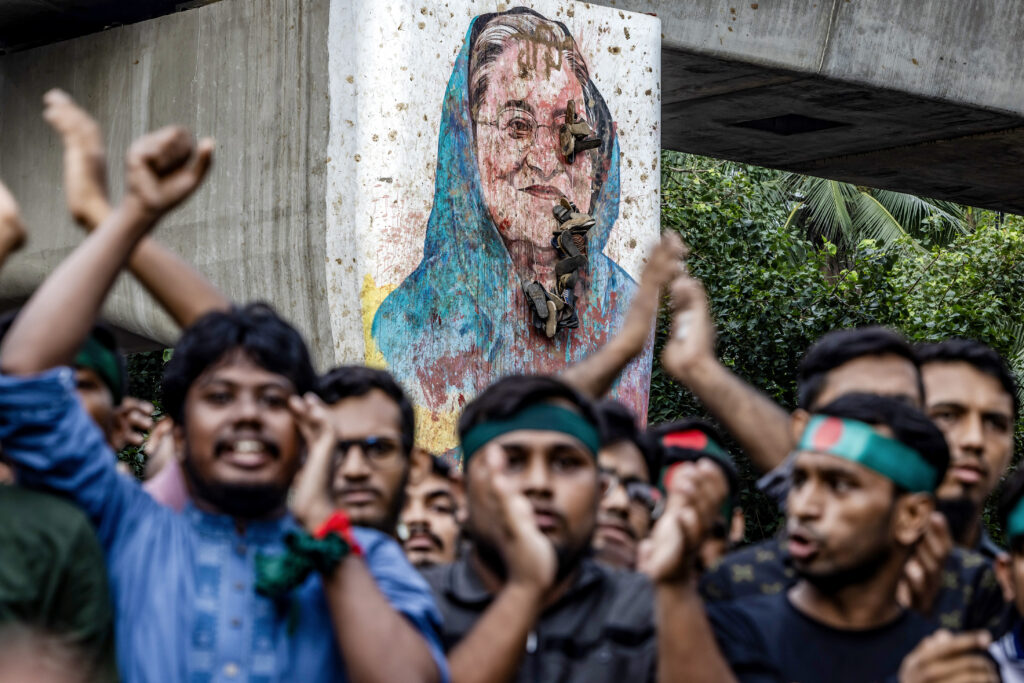India’s Bollywood battles paid reviews and fake sale claims
India’s $60-billion Bollywood industry is facing a deepening credibility crisis, as insiders warn that manipulated film reviews and inflated box office numbers are distorting public perception, ultimately hurting ticket sales.Streaming platforms have disrupted traditional cinema but industry veterans say Bollywood’s woes are also self-inflicted — including the trend to declare a film a “hit” even before its release.”If you don’t engage these influencers and critics, they will write bad reviews, even if the film is good,” producer-distributor Suniel Wadhwa told AFP.”If the film is bad, they will write good things about the film, provided the producer or studio has paid them.”Trade analyst and veteran distributor Raj Bansal said audiences have grown sceptical of early rave reviews.”As soon as the media gives four stars, people message me saying, ‘Sir, that means the movie is not good,'” Bansal said.”And, even if the film is good, they don’t trust it.”That distrust is now visible at the box office.”Regular cinema-goers wait to know the correct reports,” Bansal said.That means ticket sales during the vital opening shows “take a major dip” as film fans wait for word of mouth or “genuine reviews” to come out, he added.Industry insiders allege that some influencers have “rate cards”, with prices rising for films that generate low pre-release buzz.Producers, meanwhile, are accused of bulk-buying tickets to inflate opening-week numbers.”Everything is bought and manipulated,” Bansal said, referring to both reviews and social media personalities.- ‘Bleak’ -Sudhir Kasliwal, owner of Jaipur’s Gem Cinema, recalled seeing hundreds of online bookings for one of superstar Shah Rukh Khan’s releases, but only a fraction of the audience showed up in person.”Producers, directors and actors themselves buy tickets… the future of Bollywood looks very bleak if this practice continues,” Kasliwal said.”The wrong messages are conveyed to people and unless good content is produced, things will never improve.”Recent controversies include Bollywood A-lister Akshay Kumar’s fighter jet action movie “Skyforce”.The film’s director denied allegations of so-called “block booking” to boost first-week numbers, but a Mumbai-based trade analyst claimed its gross was inflated from about $6 million to over $9 million.”Online booking platforms showed full houses, but many theatres were nearly empty,” the analyst told AFP, requesting anonymity.Bansal said that critics who refuse to play along also risk being sidelined, while those who comply “flourish”. “Whenever I (post) that the film has opened with weak collections (ticket sales), I receive a barrage of calls from actors, producers asking me to remove it,” he said.- ‘Appetite to buy’ -Producer-distributor Wadhwa said that the box office collection of the 2025 romantic comedy horror “Thamma” was also manipulated, claiming true sales were around $15 million while the film reported $18 million.Thamma director Aditya Sarpotdar defended the $18 million figure, calling it the “most accurate”, having come from distributors and exhibitors.”When a film is still in theatres, the collection figures between producers and the trade will vary,” Sarpotdar told AFP.”Producer numbers are always the honest numbers.”Experts warn that falsifying box office data has lasting consequences, from inflated star salaries to shrinking opportunities for new talent.”You can’t take the audience for granted. They know the truth,” said Wadhwa, adding that to have both reviews and ticket sales manipulated was “a very sad situation.”Streaming platforms, now major players in film distribution, have begun demanding audited box office figures before striking deals which has added pressure on producers.”Streamers have now become sharp and careful about the film they are choosing,” said Wadhwa.Despite the backlash, few expect the trend to end anytime soon.”This practice will continue” Wadhwa said, until producers and studios lose their “appetite to buy tickets.”
